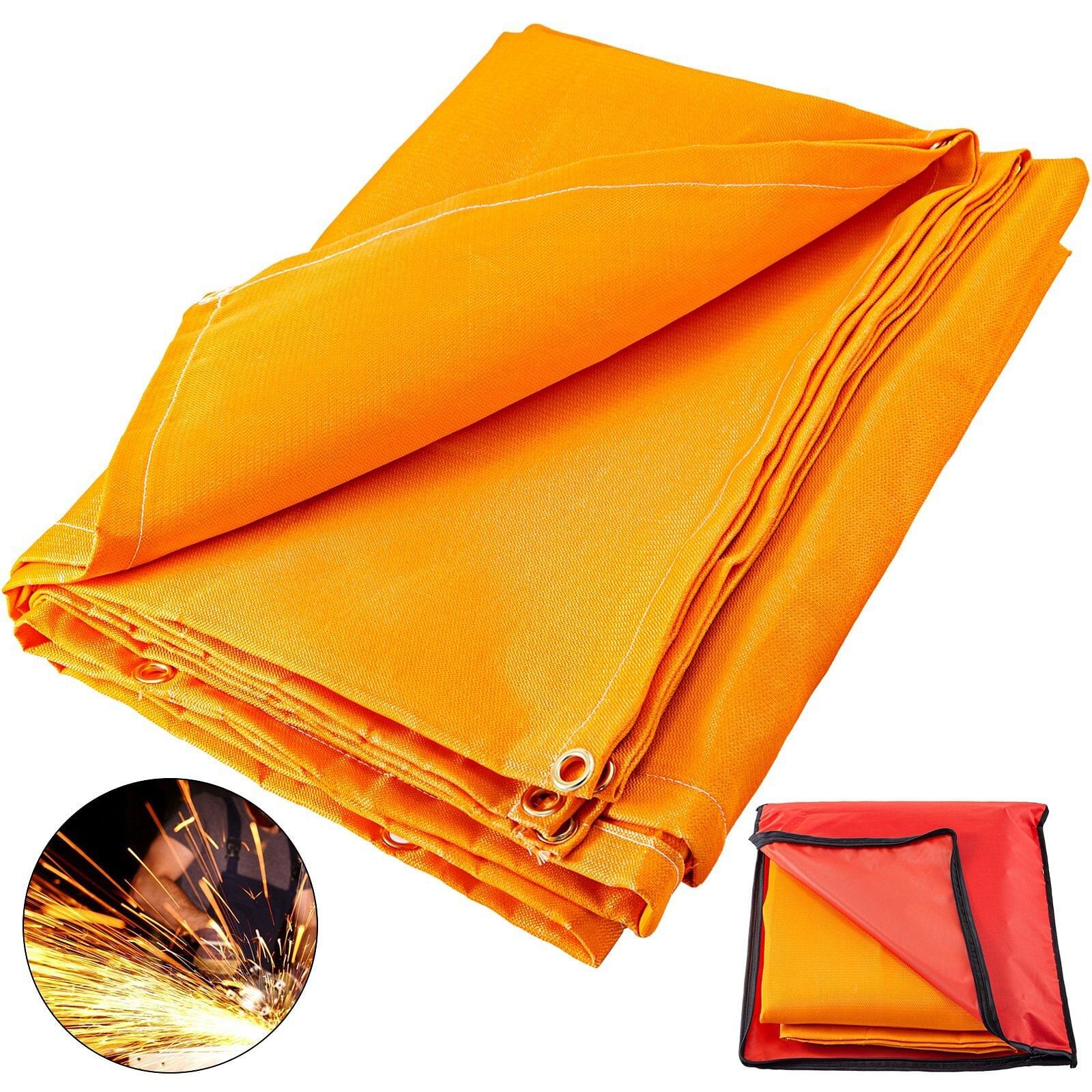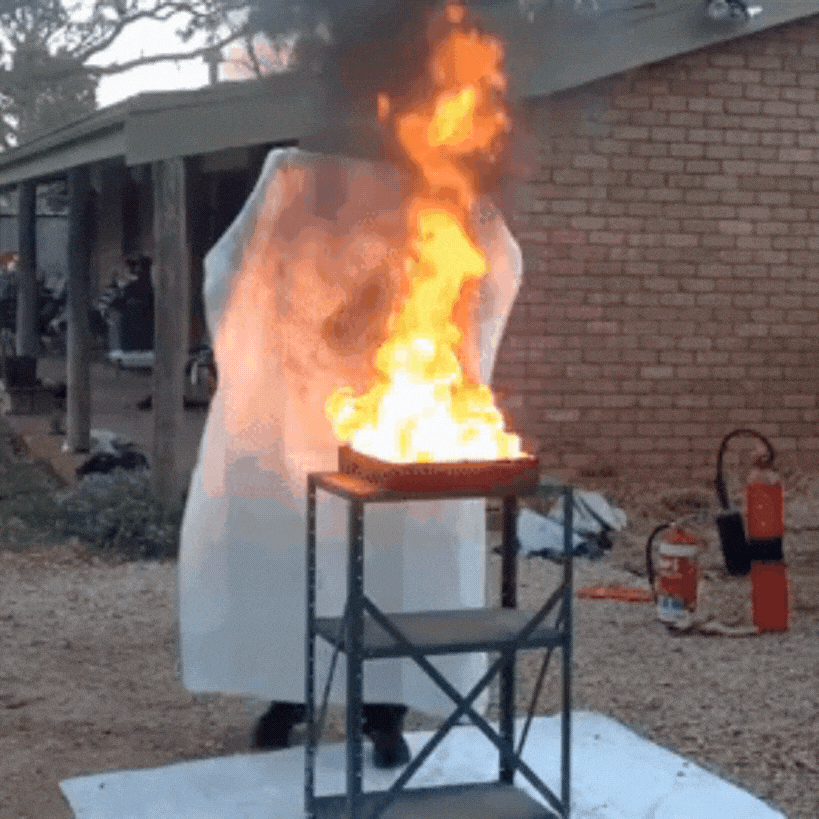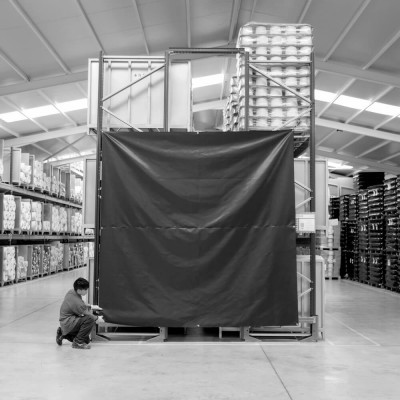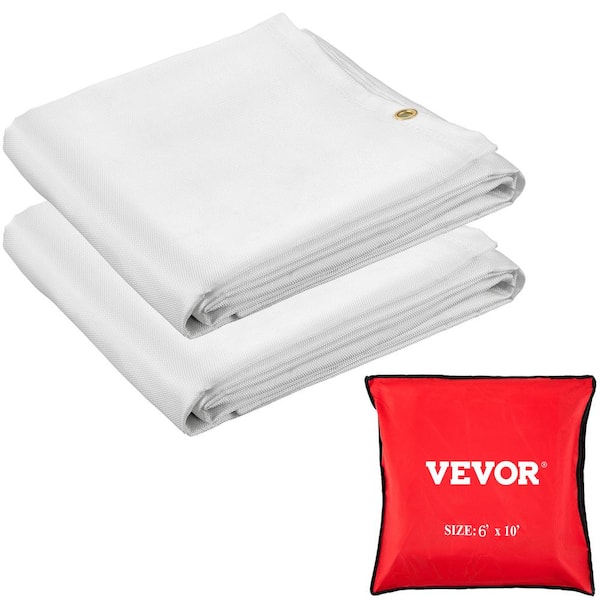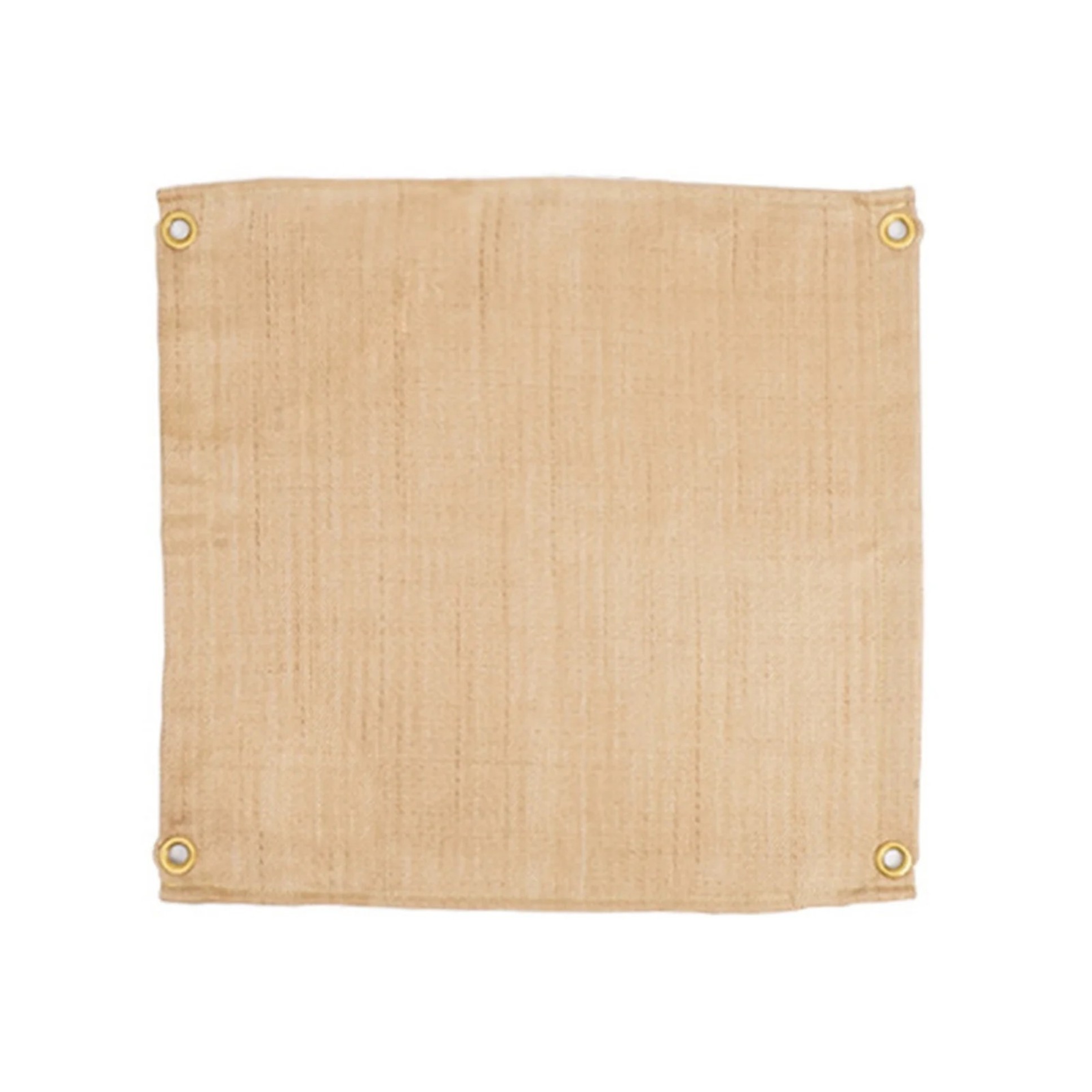Essential Fire Blanket for Welding Work: Safety Guide & Usage Tips
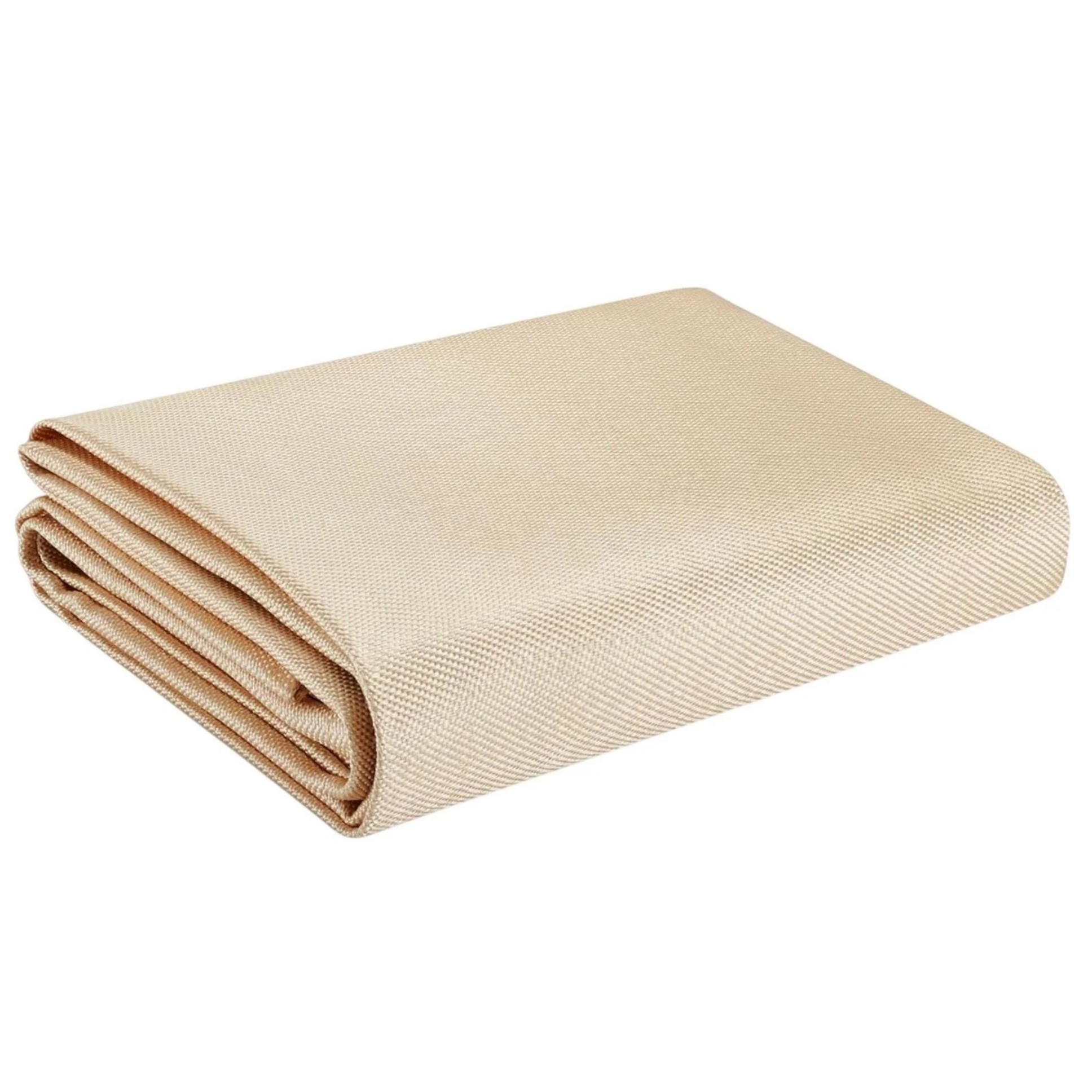
This guide explains why fire blankets are crucial for welding safety, how to choose the right one, proper usage techniques, and maintenance tips to protect yourself and your workspace from sparks and flames.
Why You Need a Fire Blanket for Welding Work
Welding produces intense heat, sparks, and molten metal that can ignite nearby materials. A fire blanket for welding work is your first line of defense against small fires. Unlike regular blankets, welding fire blankets are made from flame-resistant materials like fiberglass or wool treated with fire retardants. They smother fires by cutting off oxygen supply and can withstand temperatures up to 1000°F (538°C).
Choosing the Right Fire Blanket for Your Welding Needs
Not all fire blankets are equal. For welding applications, look for these key features:
- Material:Fiberglass is most common, but some industrial blankets use advanced silica fabrics
- Size:Standard sizes range from 3'x3' to 6'x6' - larger blankets offer more coverage
- Temperature rating:Ensure it's rated for at least 1000°F
- Certification:Look for NFPA 701 or EN 1869 certification
- Storage:Quick-release containers allow fast access during emergencies
Proper Use of Fire Blankets in Welding Operations
Simply having a fire blanket isn't enough - you must know how to use it correctly:
- Identify the fire type (only use on small, contained fires)
- Protect your hands with the blanket's corners or heat-resistant gloves
- Approach from upwind to avoid smoke inhalation
- Cover the fire completely without leaving gaps
- Leave the blanket in place until the area cools completely
- Never attempt to reuse a blanket that's been exposed to fire
Strategic Placement of Welding Fire Blankets
Position your fire blanket for welding work within easy reach of your work area but away from potential ignition sources. Common locations include:
- Mounted on walls near welding stations
- In portable quick-access containers on work carts
- Near flammable material storage areas
- Adjacent to fire extinguishers as part of a complete safety system
Maintenance and Inspection of Welding Fire Blankets
Regular checks ensure your fire blanket remains effective:
- Inspect monthly for tears, discoloration, or contamination
- Check storage containers for damage or obstructions
- Replace if the blanket shows any signs of wear or has been used
- Clean only according to manufacturer instructions (never use detergents)
- Keep records of inspection dates and replacements
Fire Blanket vs. Extinguisher for Welding Fires
While fire extinguishers are essential, fire blankets offer advantages for welding scenarios:
| Feature | Fire Blanket | Fire Extinguisher |
|---|---|---|
| Best for | Small contained fires, clothing fires | Larger or spreading fires |
| Residue | None | Can damage equipment |
| Training needed | Minimal | Requires proper technique |
| Reusability | Single use | Multiple uses |
Advanced Fire Blanket Technologies for Professional Welders
Modern fire blankets for welding work now include innovative features:
- Multi-layer designs:Combine different materials for better protection
- High-visibility colors:Easy to locate in emergencies
- Anti-static properties:Important for certain industrial environments
- Integrated gloves:Built-in protection for the user
- Smart indicators:Show when blankets have been exposed to heat
Creating a Complete Welding Safety System
Your fire blanket should be part of a comprehensive safety approach:
- Conduct regular fire risk assessments
- Train all personnel in proper fire blanket use
- Combine with other PPE (gloves, aprons, face shields)
- Maintain clear evacuation routes
- Establish emergency response procedures
Remember, a quality fire blanket for welding work is a small investment that can prevent major disasters. Choose the right blanket for your specific needs, maintain it properly, and ensure everyone knows how to use it effectively. Your safety and the protection of your workspace depend on these precautions.


